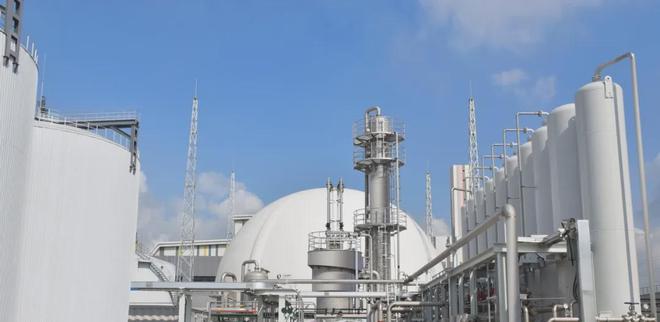Fico said the drop in Russian gas supplies to Europe following Moscow's invasion of Ukraine in 2022 had hurt Slovakia, which had been completely dependent on Russia for gas before the conflict and served as an important transit route.
Ukraine appears unlikely to extend a deal on allowing Russian gas to transit to Europe beyond 2024, putting pressure on Slovakia to seek alternative sources and transit revenue.
Fico led a government visit to Azerbaijan last week, where Slovak officials said they would make every effort to become the ninth country to receive Azeri gas exports.
"We did everything politically necessary," Fico told a televised briefing on Monday.
He said next steps would depend on talks among Russian, Ukrainian and Azeri gas firms on pricing and conditions.
The aim was to import gas from Azerbaijan - which could run through Ukraine via a Russian border point, according to plans discussed last week - to Slovakia, with some continuing in transit to other European countries such as Austria.
Fico said he would discuss the issue later on Monday with his Austrian counterpart, and that the scheme could also benefit the Czech Republic, Italy and others that had received gas via Slovakia in the past.
He said volumes from Azerbaijan would not be as large as pre-war Russian shipments through Slovakia, but that even 5 or 10 billion cubic metres (bcm) were "revenue for the budget" through Slovakia's 51% ownership of pipeline operator Eustream.
The volume of Russian gas coming into or through Slovakia fell to 17 bcm in the financial year to July 2023, according to Eustream, down about two-thirds from the last pre-war year.
The European Union's executive signed a memorandum of understanding with Azerbaijan in July 2022 to double imports of Azeri natural gas to 20 billion bcm a year by 2027.
The gas network operators of Bulgaria, Romania, Hungary and Slovakia then proposed shipping some of that gas to Europe.
